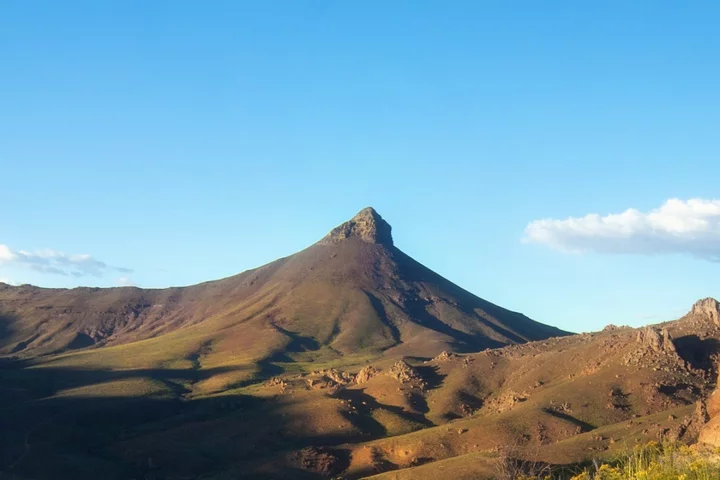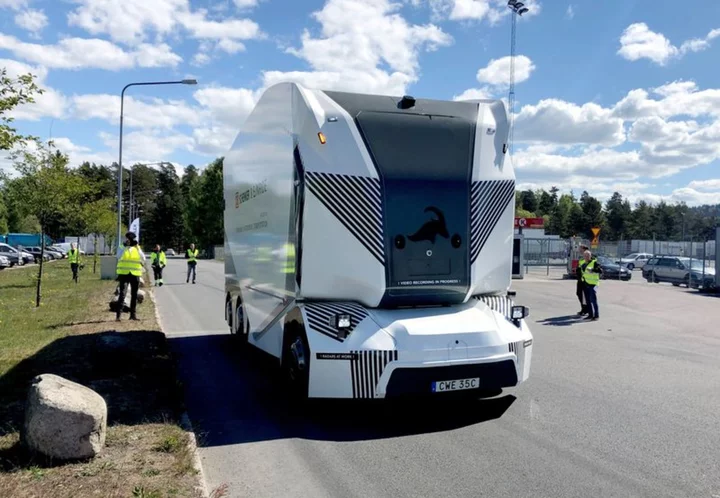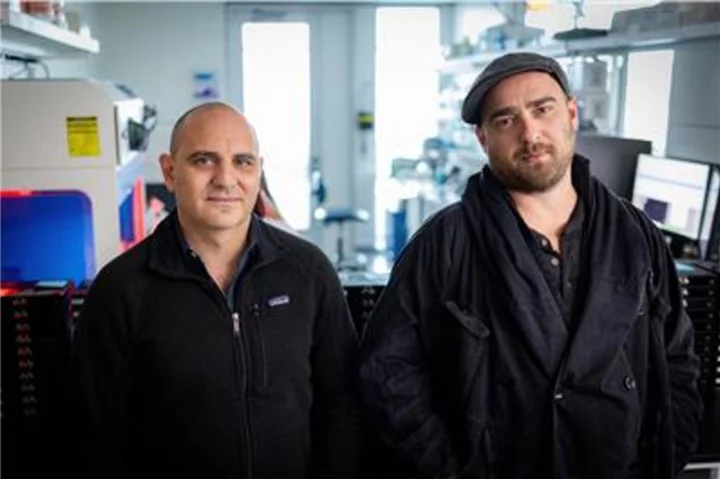Scientists say they have discovered the largest lithium deposit in the world inside an extinct volcano in the United States, capable of meeting global battery demand for decades. Volcanologists and geologists reported evidence of the McDermitt caldera on the border of Nevada and Oregon containing up to 120 million tonnes of lithium, holding the potential to disrupt the price and supply dynamics of lithium globally. The ancient supervolcano exploded around 16 million years ago, forming the rare metal inside its volcanic rock. Lithium ion batteries are used to power everything from smartphones to electric vehicles, however the vast amounts of lithium required to produce them has led to a “lithium rush”, according to the researchers. Current supply forecasts suggest roughly 1 million metric tons of lithium will be needed to meet global demand by 2040 – an eight-fold increase from the total global production last year. Calculations from researchers estimate that the McDermitt caldera could contain up to 120 million metric tons of lithium, making it 12-times larger than the amount of lithium in the salt flats in Bolivia, which were previously considered the largest lithium deposit on Earth. “Developing a sustainable and diverse supply chain to meet lower-carbon energy and national security goals requires mining the highest-grade domestic lithium resources with the lowest waste:ore strip ratios to minimise both the volume of material extracted from the Earth,”the researchers noted in a study, published in Science Advances. “Volcano sedimentary lithium resources have the potential to meet this requirement, as they tend to be shallow, high-tonnage deposits with low waste:ore strip ratios.” Mining could begin as early as 2026, according to geologists at Lithium Americas Corporation, who made the discovery alongside GNS Science and Oregon State University. However, the site for a proposed mine on the Nevada side of the caldera has already drawn protests from environmental groups, as well as two area tribes who claim it would be built atop sacred land. Responding to the latest discovery, Tesla boss Elon Musk said the deposit will only be economically significant to the electric car industry if it can be refined in an efficient way. “Lithium ore is quite common throughout the world. The limiting factor is lithium refining,” Mr Musk posted on X, formerly known as Twitter, on Sunday. “Same goes for the cathode, which is primarily iron (medium range cars) or nickel (long range) and the anode, which is carbon. Refining matters more than ore.” Read More Battery breakthroughs are about to trigger a transport revolution Former Alibaba chair Daniel Zhang steps down as head of cloud division How Google reshaped the world – and is about to do it all over again Update your iPhone immediately
Scientists say they have discovered the largest lithium deposit in the world inside an extinct volcano in the United States, capable of meeting global battery demand for decades.
Volcanologists and geologists reported evidence of the McDermitt caldera on the border of Nevada and Oregon containing up to 120 million tonnes of lithium, holding the potential to disrupt the price and supply dynamics of lithium globally.
The ancient supervolcano exploded around 16 million years ago, forming the rare metal inside its volcanic rock.
Lithium ion batteries are used to power everything from smartphones to electric vehicles, however the vast amounts of lithium required to produce them has led to a “lithium rush”, according to the researchers.
Current supply forecasts suggest roughly 1 million metric tons of lithium will be needed to meet global demand by 2040 – an eight-fold increase from the total global production last year.
Calculations from researchers estimate that the McDermitt caldera could contain up to 120 million metric tons of lithium, making it 12-times larger than the amount of lithium in the salt flats in Bolivia, which were previously considered the largest lithium deposit on Earth.
“Developing a sustainable and diverse supply chain to meet lower-carbon energy and national security goals requires mining the highest-grade domestic lithium resources with the lowest waste:ore strip ratios to minimise both the volume of material extracted from the Earth,”the researchers noted in a study, published in Science Advances.
“Volcano sedimentary lithium resources have the potential to meet this requirement, as they tend to be shallow, high-tonnage deposits with low waste:ore strip ratios.”
Mining could begin as early as 2026, according to geologists at Lithium Americas Corporation, who made the discovery alongside GNS Science and Oregon State University. However, the site for a proposed mine on the Nevada side of the caldera has already drawn protests from environmental groups, as well as two area tribes who claim it would be built atop sacred land.
Responding to the latest discovery, Tesla boss Elon Musk said the deposit will only be economically significant to the electric car industry if it can be refined in an efficient way.
“Lithium ore is quite common throughout the world. The limiting factor is lithium refining,” Mr Musk posted on X, formerly known as Twitter, on Sunday.
“Same goes for the cathode, which is primarily iron (medium range cars) or nickel (long range) and the anode, which is carbon. Refining matters more than ore.”
Read More
Battery breakthroughs are about to trigger a transport revolution
Former Alibaba chair Daniel Zhang steps down as head of cloud division
How Google reshaped the world – and is about to do it all over again
Update your iPhone immediately









